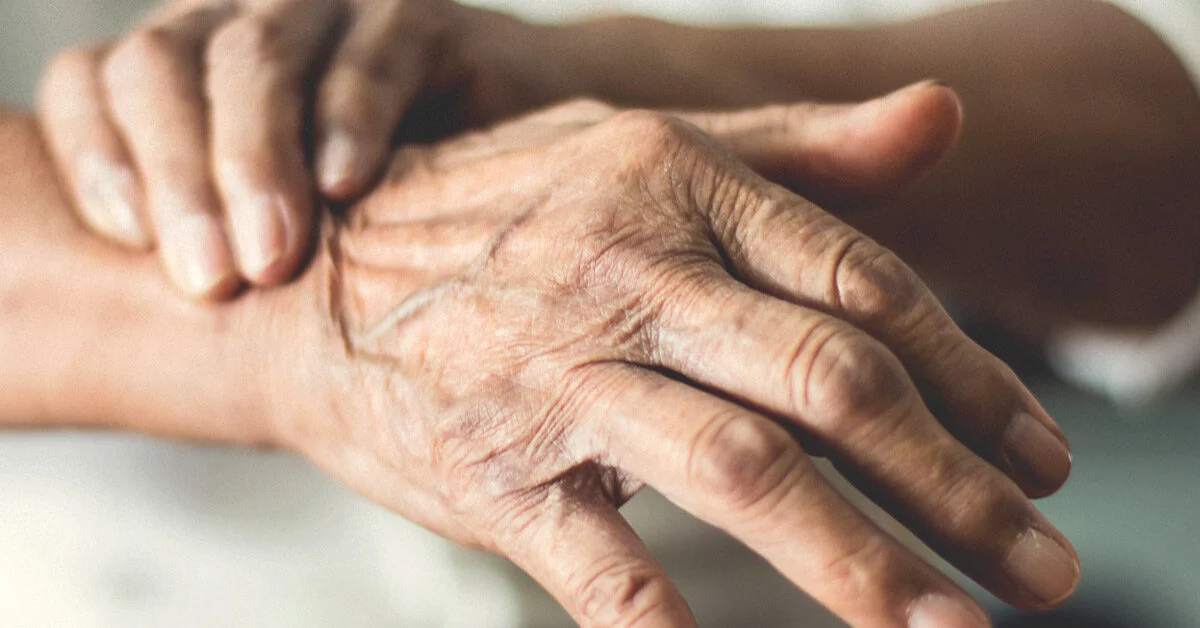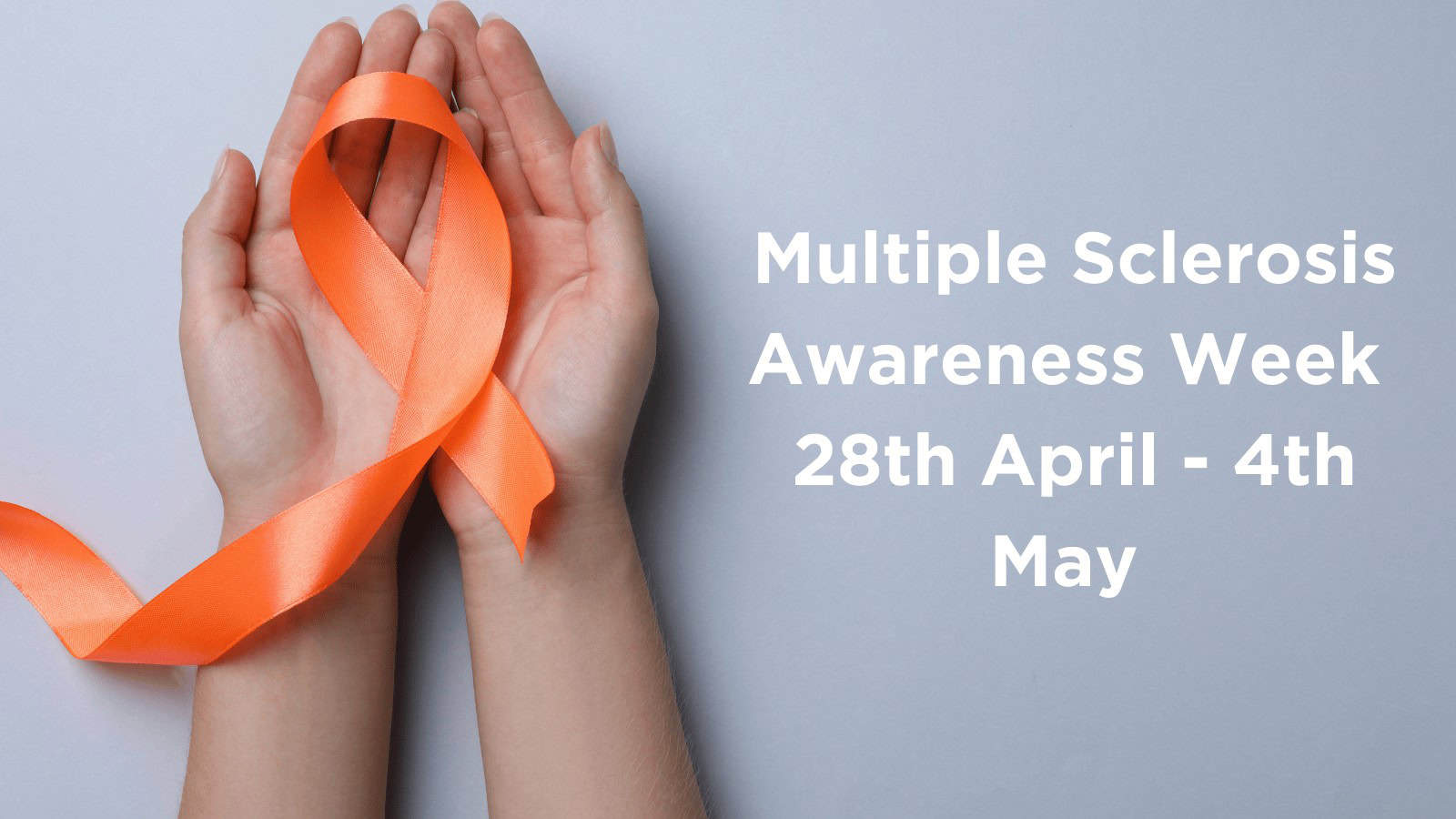This month is Parkinson’s Disease Awareness Month, but do you know the signs, symptoms for Parkinson’s and how to support those who are suffering from this condition?
Parkinson’s disease is categorised as a condition where parts of the brain become significantly damaged over the course of many years, and result in both physical and psychological symptoms.
Symptoms of Parkinson’s Disease
The main symptoms of Parkinson’s are tremors, which are involuntary movement of body parts, slow movement, and stiff or inflexible muscles.
Other physical symptoms also include:
- Loss of balance
- Excessive salivation/trouble swallowing.
- Increased sweating.
- Airway obstruction
- Constipation
Psychological symptoms of the disease include:
- Depression
- Anxiety
- Insomnia (loss of sleep)
- Memory problems
If you or anyone you know are experiencing 1 of the main symptoms of Parkinson’s, get in contact with your GP as soon as possible.
Parkinson’s Disease Treatment
Whilst there is no cure yet for Parkinson’s, there are a variety of different treatments available to ease the symptoms of the disease. The most common treatments that are used to ease the symptoms of Parkinson’s are; medication, such as Levodopa, or dopamine agonists, supportive therapies, and in some cases, surgery. You most likely will also receive help from an Occupational Therapist, who will come to your home and provide practical solutions to ensure that your home is safe, in order to maintain independence for as long as possible.
When you are diagnosed with Parkinson’s, you will be assigned a specialist Parkinson’s specialist, who will create a care plan for you along with a team of healthcare professionals, which is based on your individual symptoms and needs, along with the severity of your condition.
Medication
- Levodopa – used to improve muscle movement as this is absorbed by nerve cells in the brain which is then turned into dopamine (the neurotransmitter which controls movement of muscles through messaging between the brain and nerves).
- Dopamine agonists – act as a substitute for dopamine, and often have milder effects compared to Levodopa.
Supportive Therapies
- Physiotherapy – used to relieve symptoms of muscle stiffness and immobility, through the action of exercise and muscle manipulation/movement.
- Speech and language therapy – used for those who suffer with their speech as a result of swallowing difficulties. Can involve speaking and swallowing exercises, along with assistive technology.
- Dietary advice – for example, those who suffer with constipation as a symptom of Parkinson’s may be advised to incorporate more fibre into their diet, or increasing the amount of salt in meals along with frequency of meals to reduce low blood sugar which can lead to dizziness, resulting in falls.
What can I do to help someone with Parkinson’s disease?
You may know someone or may care for someone with Parkinson’s disease, so it may be hard to understand how you can help them depending on the severity of their condition. Here are a few tips that may help you understand how to care for someone with Parkinson’s:
- Become familiar with their care plan – Parkinson’s can affect everybody differently, so it is important to understand the individual care plan of your loved one or service user and what their treatment may involve, along with personal preferences about how they would like to receive care.
- Listen and communicate – Parkinson’s is an incredibly difficult disease to live with, and can often lead to depression or anxiety for many sufferers. It is important that when the individual is expressing their feelings about their condition, that you listen to try and understand their situation.
- Create a schedule – if you care for someone with Parkinson’s, it may be beneficial to create a schedule to avoid mishaps with medication administration, meal times, and so on.
- Home adjustments – in most cases, it may be necessary for home adjustments to be made for someone who suffers with Parkinson’s; it is essential that the home is safe to avoid trips and falls, especially when muscle stiffness and low blood sugar can increase this risk.
- Plan activities – just because your loved one or someone you care for suffers from Parkinson’s, doesn’t mean their quality of life should decrease. Try and plan suitable activities such as days out, trips to local cafe’s, and so forth to ensure they are living life to the fullest.
For more information about Parkinson’s disease, please visit the NHS website for more information.
And for more information about the services that we provide for those with Parkinson’s, please visit our Services page or get in contact today at 01244 313576 (Cheshire) or 0151 737 2820 (Liverpool).








